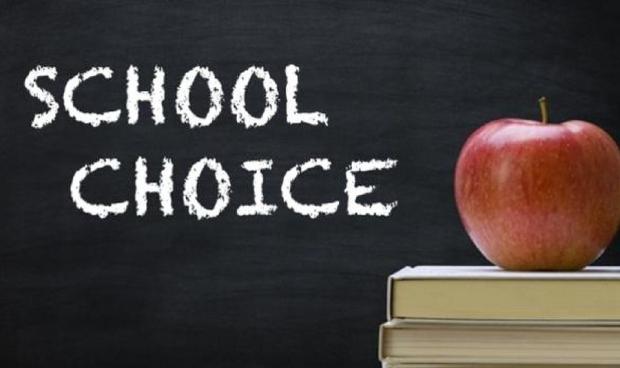
Breaking News
 How Epstein Hijacked Bitcoin with Aaron Day
How Epstein Hijacked Bitcoin with Aaron Day
 The Federal Reserve is planned to inject $16 billion into the economy this week...
The Federal Reserve is planned to inject $16 billion into the economy this week...
 Dr. Rhonda Patrick: Fasting, Creatine, Brain Performance & Longevity Breakthroughs | PBD #740
Dr. Rhonda Patrick: Fasting, Creatine, Brain Performance & Longevity Breakthroughs | PBD #740
 HIGH ALERT! Americans Will Die for Israel's Evil War with Iran | Redacted w Clayton Morris
HIGH ALERT! Americans Will Die for Israel's Evil War with Iran | Redacted w Clayton Morris
Top Tech News
 US particle accelerators turn nuclear waste into electricity, cut radioactive life by 99.7%
US particle accelerators turn nuclear waste into electricity, cut radioactive life by 99.7%
 Blast Them: A Rutgers Scientist Uses Lasers to Kill Weeds
Blast Them: A Rutgers Scientist Uses Lasers to Kill Weeds
 H100 GPUs that cost $40,000 new are now selling for around $6,000 on eBay, an 85% drop.
H100 GPUs that cost $40,000 new are now selling for around $6,000 on eBay, an 85% drop.
 We finally know exactly why spider silk is stronger than steel.
We finally know exactly why spider silk is stronger than steel.
 She ran out of options at 12. Then her own cells came back to save her.
She ran out of options at 12. Then her own cells came back to save her.
 A cardiovascular revolution is silently unfolding in cardiac intervention labs.
A cardiovascular revolution is silently unfolding in cardiac intervention labs.
 DARPA chooses two to develop insect-size robots for complex jobs like disaster relief...
DARPA chooses two to develop insect-size robots for complex jobs like disaster relief...
 Multimaterial 3D printer builds fully functional electric motor from scratch in hours
Multimaterial 3D printer builds fully functional electric motor from scratch in hours
 WindRunner: The largest cargo aircraft ever to be built, capable of carrying six Chinooks
WindRunner: The largest cargo aircraft ever to be built, capable of carrying six Chinooks
Study Finds School Choice Closes Low-Income Student Performance Gap

The findings of the Progressive Policy Institute's (PPI's) October report underscore the positive impact of public charter schools in driving academic improvements across entire school districts, not just for students attending charter schools.
According to the report, the achievement gap between low-income students and their counterparts in Camden, New Jersey, which had 68 percent of students enrolled in charter schools by 2023, was reduced by 42 percent between the 2010–2011 and 2022–2023 school years.
From 2011 to 2023, the proportion of students attending charter schools in Camden increased, resulting in an increase of more than 20 percent in low-income pupil performance.
The report discovered that the gap in Washington closed by 38 percent during the same period, with 45 percent of pupils enrolled in charter schools.
In Indianapolis, the gap narrowed by 23 percent, with 58 percent of pupils attending charter schools.
The report indicates that nonwhite students are among the most significant beneficiaries of school choice, accounting for 70 percent of charter school pupils in the cities surveyed, despite only making up approximately half of the district.
Charter schools are publicly funded, tuition-free, and accessible to all students.
However, they differ from traditional public schools in their operational flexibility and governance.
Charter schools are subject to the same federal laws regarding nondiscrimination and admission, but they have a greater degree of autonomy over their curriculum, personnel, and scheduling.
Because of the increased self-governance, charter schools can customize and innovate their educational programs to accommodate the unique requirements of their student bodies.
The report emphasizes the substantial increases in academic performance observed in cities with a significant number of charter schools, particularly among low-income students.

 RNA Crop Spray: Should We Be Worried?
RNA Crop Spray: Should We Be Worried?

